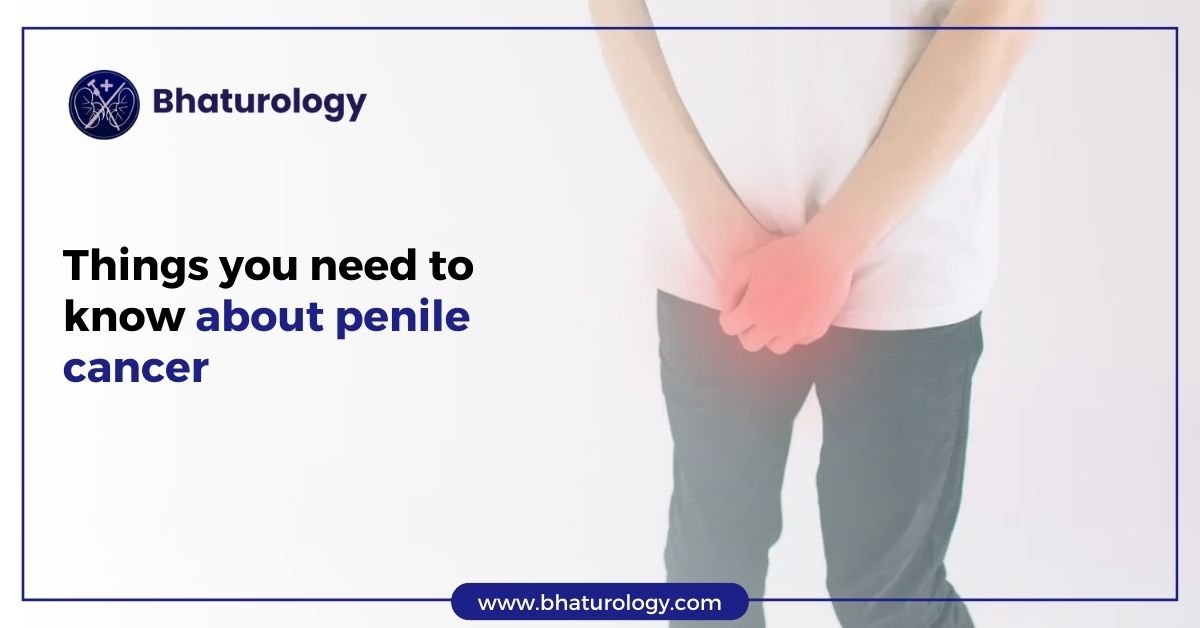Overview
End-stage renal disease (ESRD), also known as end-stage kidney disease, is the final stage of chronic kidney disease (CKD), where the kidneys no longer function adequately to meet the body’s needs. At this point, the kidneys have lost about 90% of their ability to filter and remove waste products and excess fluids from the blood. ESRD is a severe condition requiring dialysis or a kidney transplant to sustain life.
Symptoms
The symptoms of ESRD are severe and reflect the body’s inability to maintain balance in electrolytes, fluids, and waste products. Common symptoms include:
- Fatigue and Weakness: Due to the buildup of waste products and the reduction in red blood cells.
- Swelling (Edema): Especially in the legs, ankles, and feet, caused by fluid retention.
- Shortness of Breath: Often a result of fluid buildup in the lungs.
- Nausea and Vomiting: As toxins accumulate in the body.
- Confusion and Difficulty Concentrating: Due to electrolyte imbalances and the buildup of waste products.
- Loss of Appetite: A metallic taste in the mouth, which can lead to weight loss.
- Itchy Skin: Caused by the buildup of waste products in the bloodstream.
- Changes in Urination: Such as producing less urine or not urinating at all.
When to Seek Care
It’s crucial to seek medical care if you experience any of the symptoms mentioned above, especially if you have a history of kidney disease or risk factors such as diabetes, high blood pressure, or a family history of kidney disease. Early detection and management of CKD can slow the progression to ESRD. Specific times to seek immediate medical attention include:
- Severe Swelling: Especially if accompanied by shortness of breath or chest pain.
- Severe Fatigue and Weakness: That interferes with daily activities.
- Persistent Nausea and Vomiting: Leading to dehydration or significant weight loss.
- Confusion and Changes in Mental Status: Indicating severe electrolyte imbalances.
- Sudden Changes in Urination, Such as a significant decrease in urine output or the presence of blood in the urine.
If diagnosed with ESRD, a urology doctor in Jaipur will guide you through the treatment options, including dialysis or a kidney transplant. Regular follow-up and adherence to treatment are essential for managing the condition and maintaining the best possible quality of life. Understanding the progression from chronic kidney disease to ESRD and recognizing the symptoms can help in seeking timely medical intervention, which is crucial for effective management and treatment.



